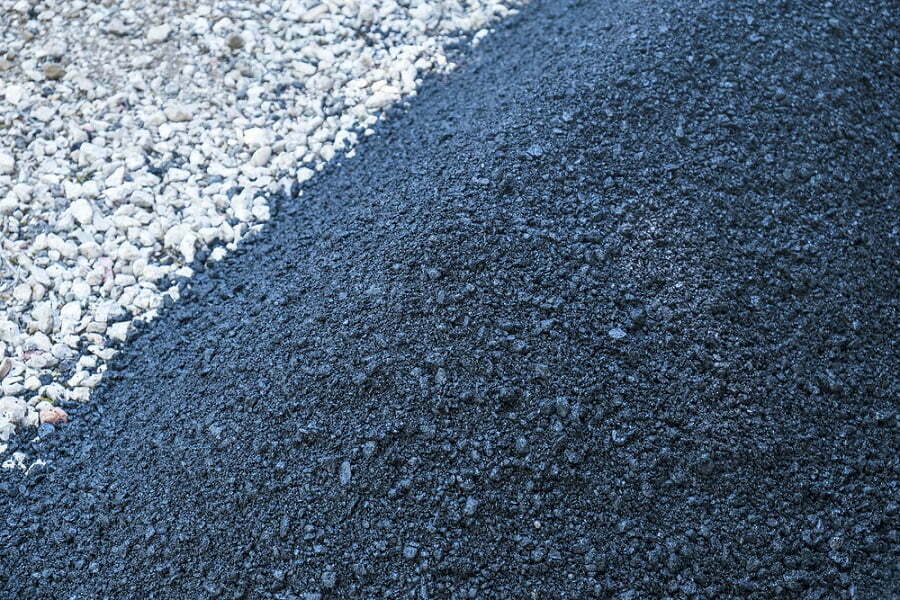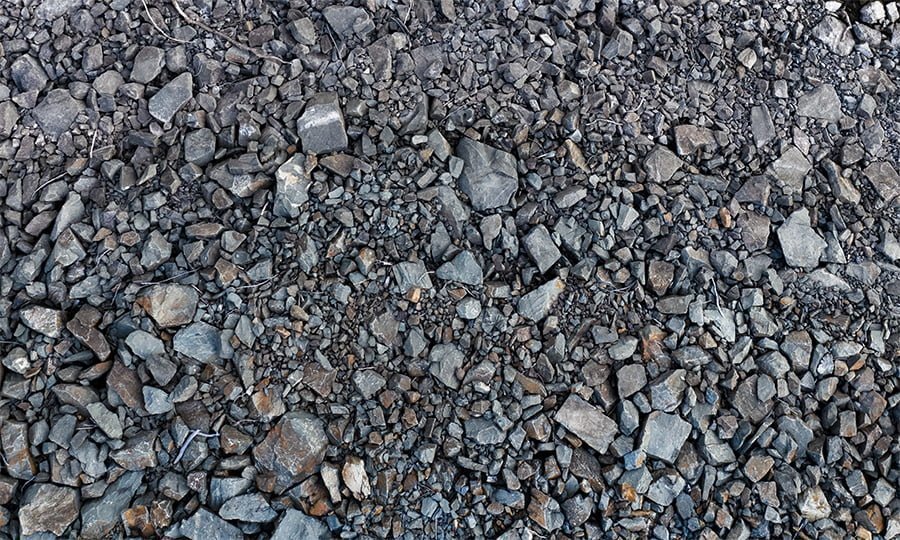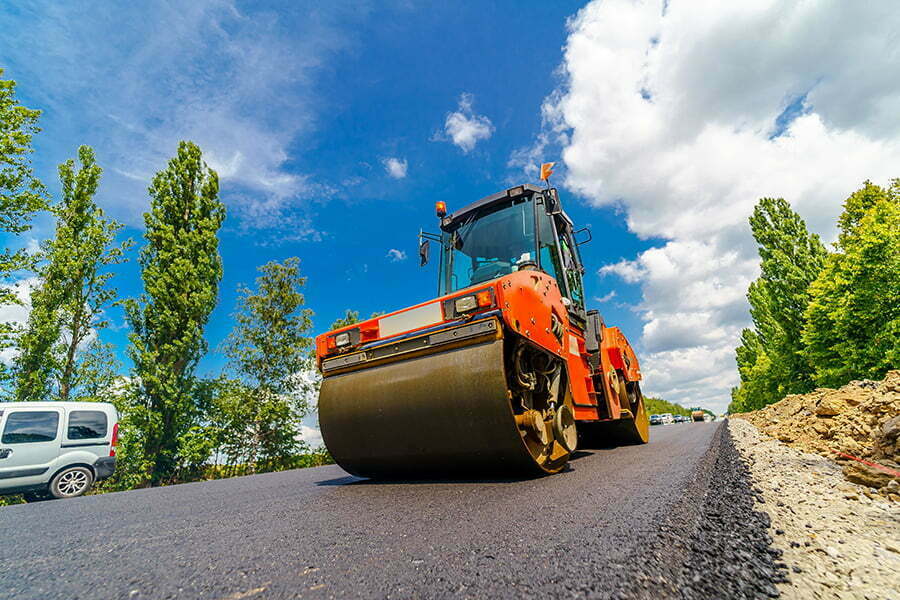Last updated on
Recycle the asphalt, and you get asphalt millings. Both are used on roads and driveways. But which one is better?
The main difference between asphalt millings and asphalt is that asphalt millings reuse old asphalt into recycled paving material.
Asphalt describes the bitumen-type materials that people see on roads around the world. Once it wears down, asphalt can be recycled into millings. Milling machines crush the asphalt to a certain definition. It’s then applied on road surfaces. Despite it coming from asphalt, these two have differences.
The differences are seen primarily in their pros and cons. Asphalt millings have several advantages over fresh asphalt. It is a durable recycled material, low maintenance, more affordable, sustainable, resistant to weather, and increases curb appeal.
It’s why many modern builders chose this material over traditional asphalt.
What Are Asphalt Millings Exactly?
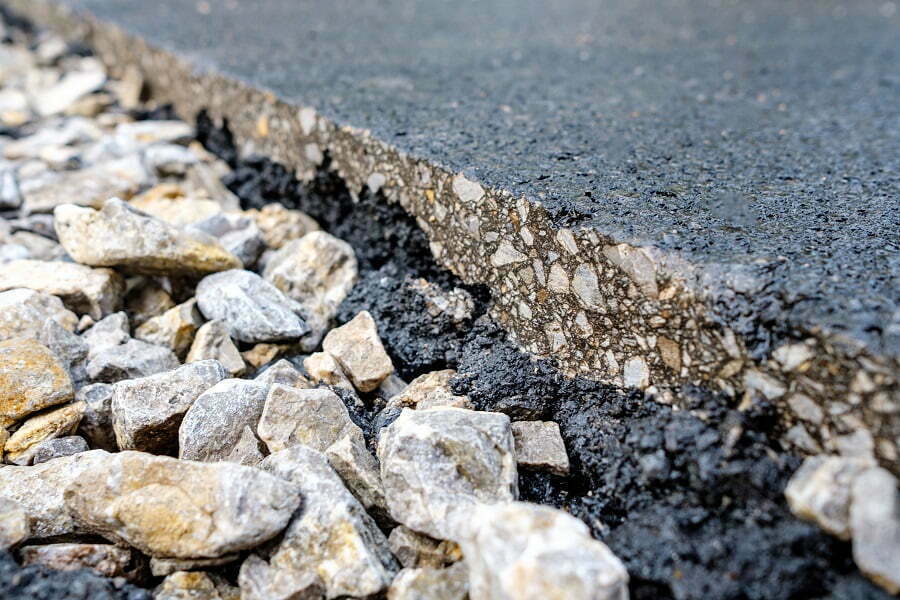
Asphalt milling is a cheaper and faster alternative for restoring asphalt pavements. Instead of demolishing the asphalt surface and subsurface, asphalt milling only focuses on extracting the top layer and reusing it.
How Is Asphalt Milled and Recycled?
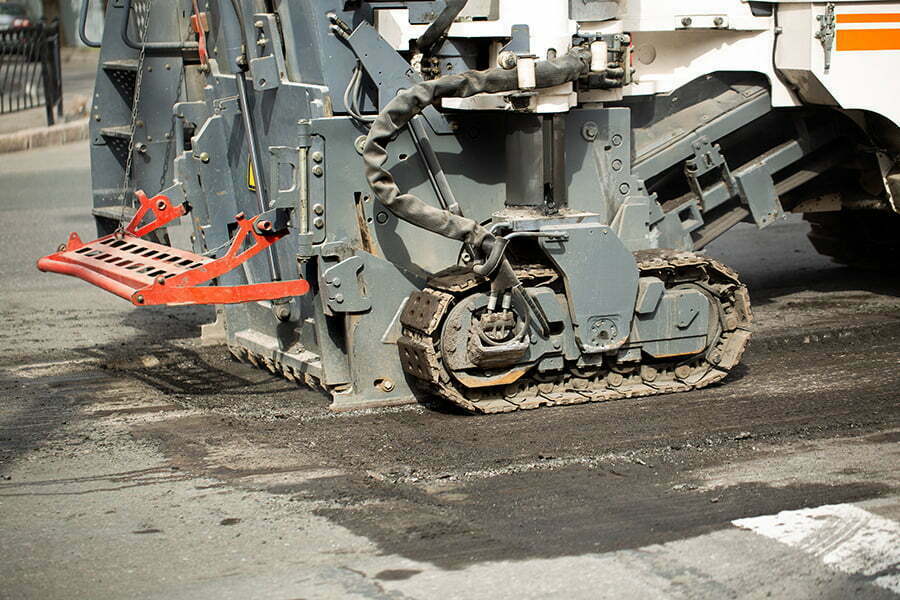
A particular piece of equipment removes the top layer of asphalt on a paved road. Once removed, the next step is milling and sorting the asphalt into different sizes for reuse. An asphalt spreader can spread the asphalt millings on the surface.
Difference Between Asphalt Paving and Milling Paving
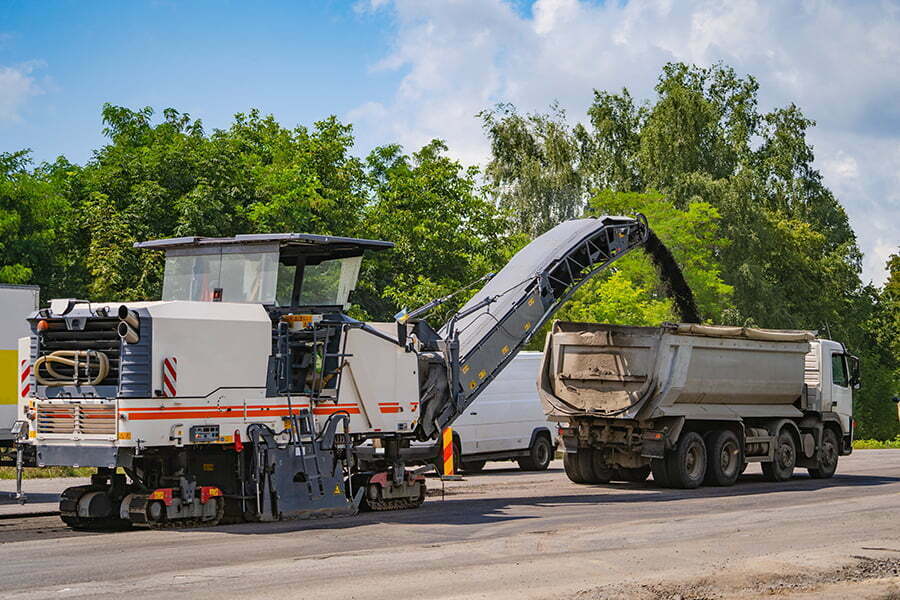
Asphalt paving is covering a surface with asphalt using specialized paving equipment. Milling paving involves grinding up a deteriorated asphalt-paved surface to a particular depth and reusing the milled asphalt.
Knowing the difference between asphalt millings and asphalt is crucial if you want the best results. You should know that asphalt millings are cheaper and eco-friendly.
Paving Process with Asphalt Millings
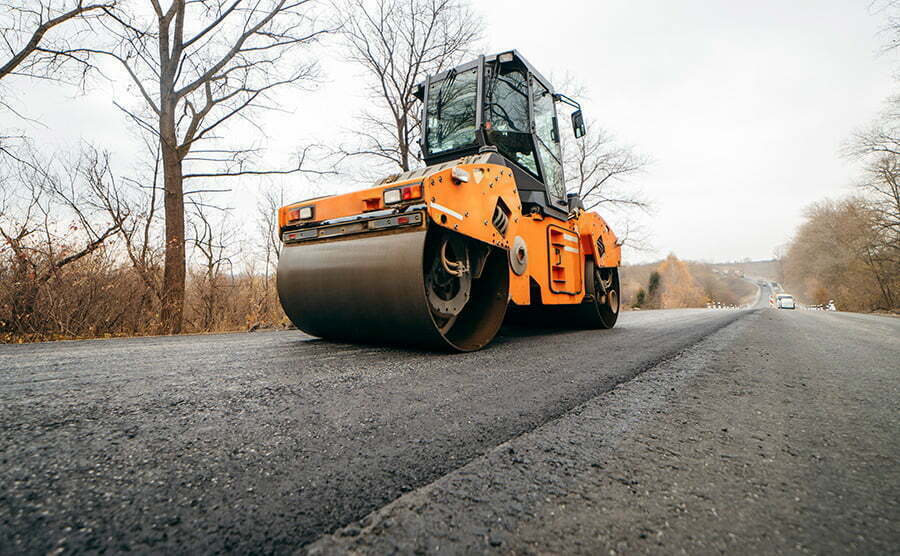
The paving process only has a few steps:
- screening, heating, and sorting the asphalt for paving
- a piece of standard paver equipment applies a layer of asphalt on the pavement, parking lot, or road
- A drum roller compacts the asphalt
How to Seal Asphalt Millings
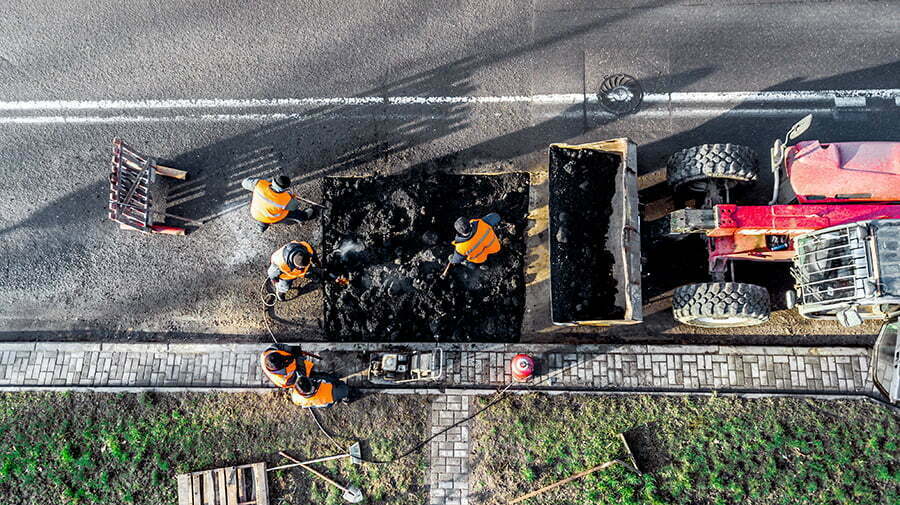
After compaction, it’s vital to seal the asphalt-milled driveway, road, or parking lot. Asphalt milling binders, then apply the asphalt milling rejuvenators. These sealing agents will restore the adhesion in the asphalt millings, leaving your pavement looking as good as new.
Why It’s Eco Friendly
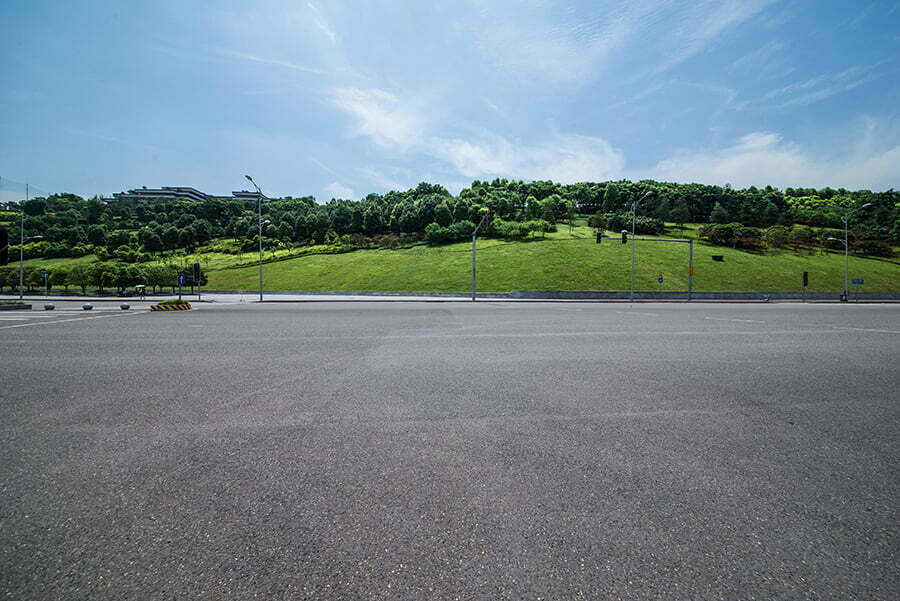
Asphalt milling reduces the demand for bitumen, the primary binding agent in asphalt. Since bitumen is a by-product of crude oil refining, asphalt milling helps to minimize the need for this crude oil by-product.
Secondly, contractors can reuse the material instead of dumping demolished asphalt in landfills to ensure they do not generate any waste.
Asphalt millings help save the planet by reducing the energy needed for manufacturing. As a result, the industry reduces its carbon footprint. This is excellent news for anyone who wants a paved driveway or parking lot but does not want to contribute to global warming.
Low Maintenance
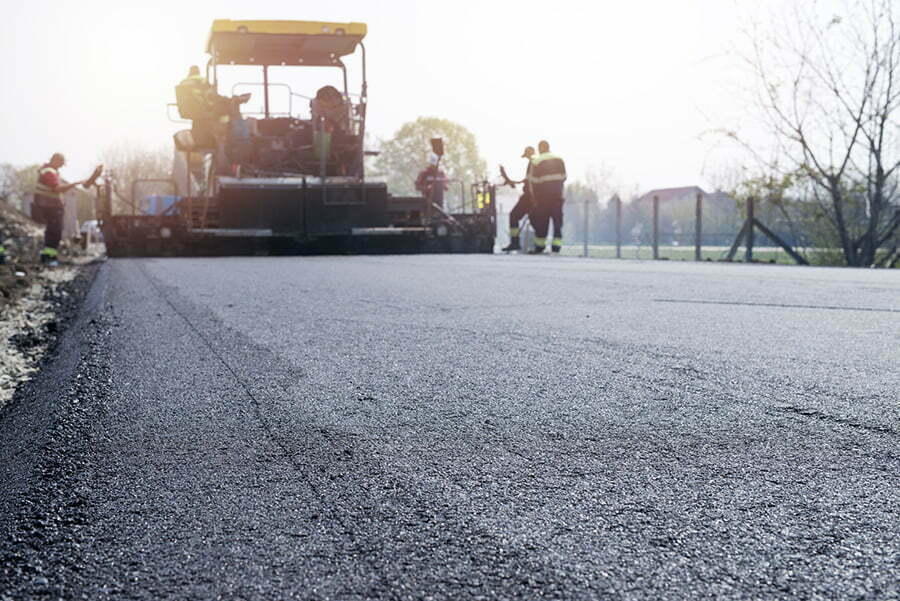
Weeds and grass struggle to grow through asphalt millings. Driveways paved with asphalt millings do not also require frequent raking or refinishing. As a result, your driveway will always look great without much effort from you.
When the surface of the asphalt millings is coated with the proper sealing agent, it can be highly durable. To get the best results, work with an experienced contractor.
Why It’s More Durable

Asphalt usually hardens with time, so recycling asphalt can produce an extremely durable private road, parking lot, or driveway. After all, it usually takes years for asphalt to deteriorate before it can be milled and recycled. If durability and low maintenance are essential considerations, consider paving your driveway or parking lot with asphalt millings.
Curb Appeal

A driveway, parking lot, or private road paved with asphalt millings has better curb appeal. This is because asphalt millings have a certain rusticity, so your driveway will have improved curb appeal.
Disadvantages
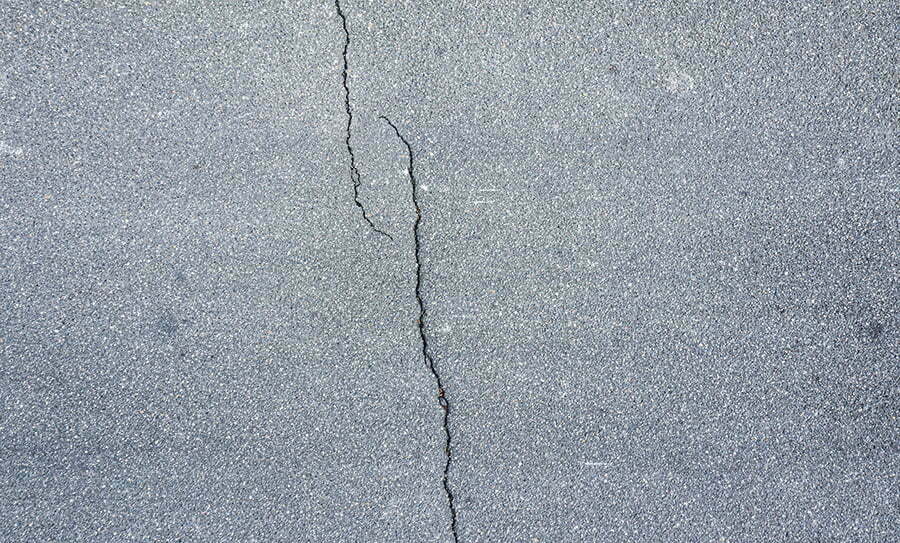
Asphalt millings are grey, so your asphalt milling pavement will not have the dark-black color associated with asphalt. Secondly, there may be some quality concerns, but this largely depends on your choice of contractor. That is why only experienced licensed contractors should be hired for the job.
Asphalt Millings Cost
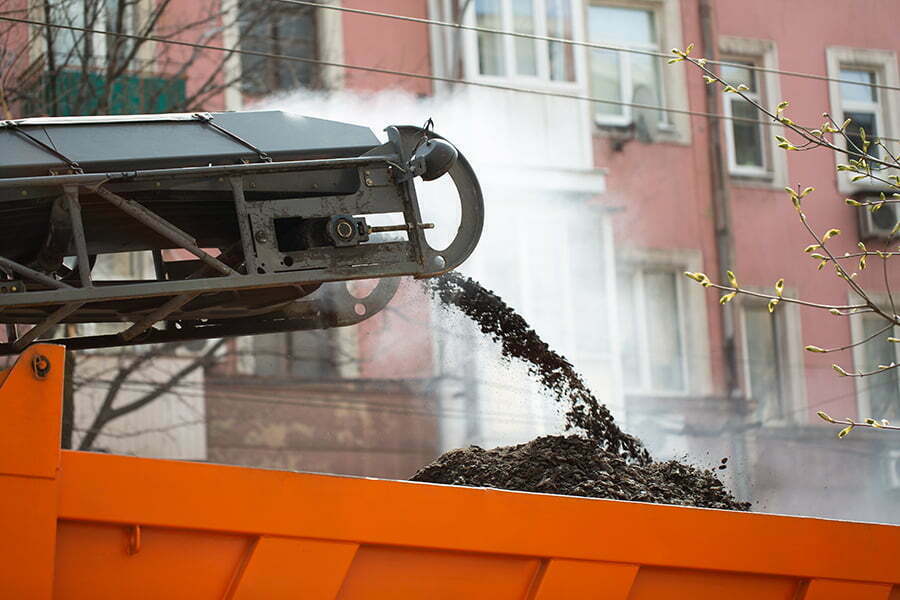
A ton of recycled asphalt costs between $7-$60, depending on the mixture’s location and percentage of recycled material. A typical driveway can cost anywhere from $55-$460, excluding labor costs. Different contractors also charge different rates, so be sure to get an accurate estimate from your preferred contractor.
The higher the quality of the asphalt millings, the higher the cost per ton. If you live far from your preferred contractor, it will cost more money to transport the materials to the work site. By shopping around and considering all the necessary factors, you will find the right contractor for the job.
Are There Different Grades of Asphalt Millings?
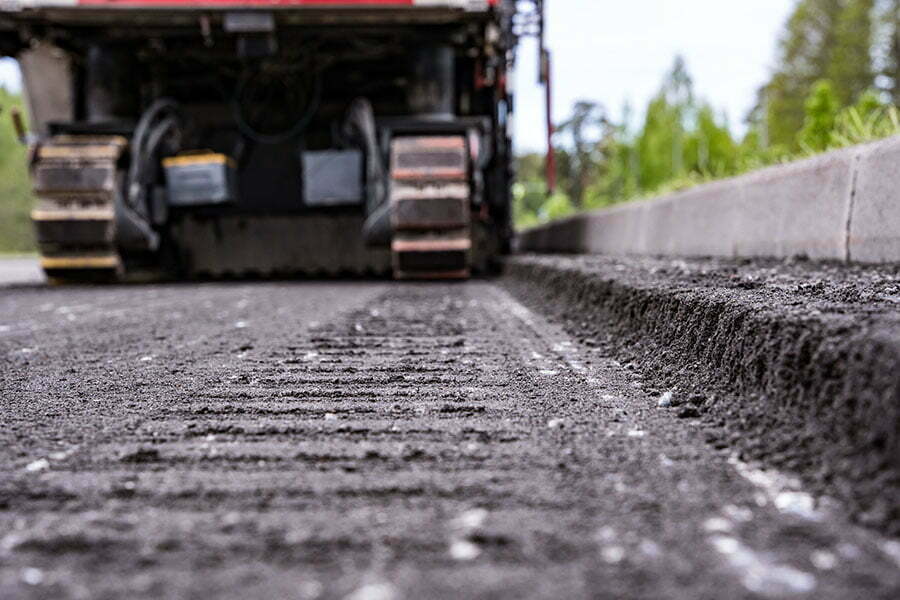
Yes, there are different grades of asphalt millings. After grinding and removing an asphalt-paved surface, screening and grading are usually done on the asphalt millings. HL3 commercial, HL3 fine, HL3, and HL1 are the most common grades of asphalt millings.
Grading is usually done based on the composition of the asphalt millings. Things like the percentage of gravel (how asphalt millings compare to gravel), stone dust, and coarse texture are customarily considered when grading asphalt millings.
The strength and durability of these grades also differ significantly. A competent contractor will assess your needs and pick the correct rate of asphalt millings.
Can You Pour Concrete Over Asphalt Millings?
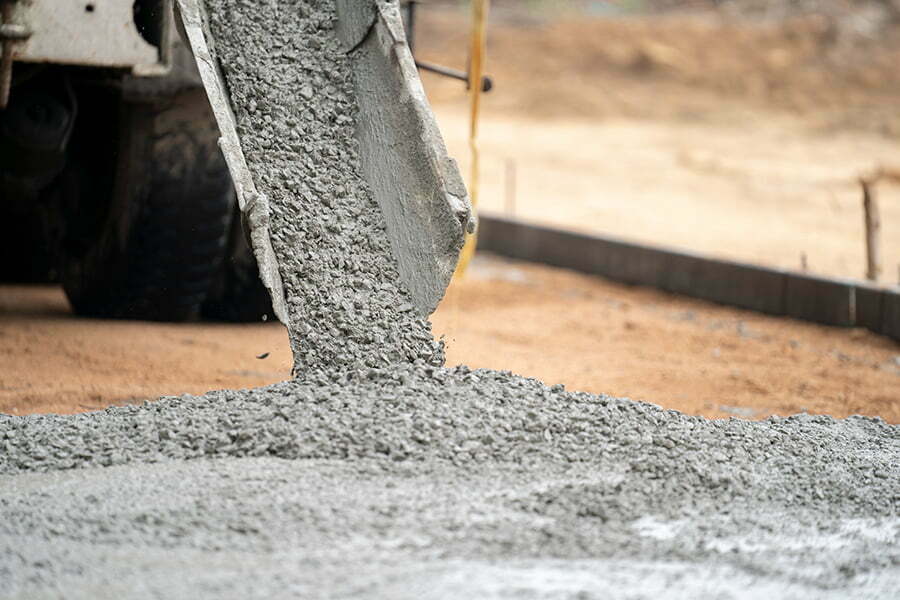
Yes, you can. Crushed asphalt can provide a solid base for you to pour concrete on. The result will be a superior-quality driveway. However, the asphalt millings must be bonded appropriately to prevent the concrete from cracking.
Is Crushed Asphalt the Same as Recycled Asphalt?
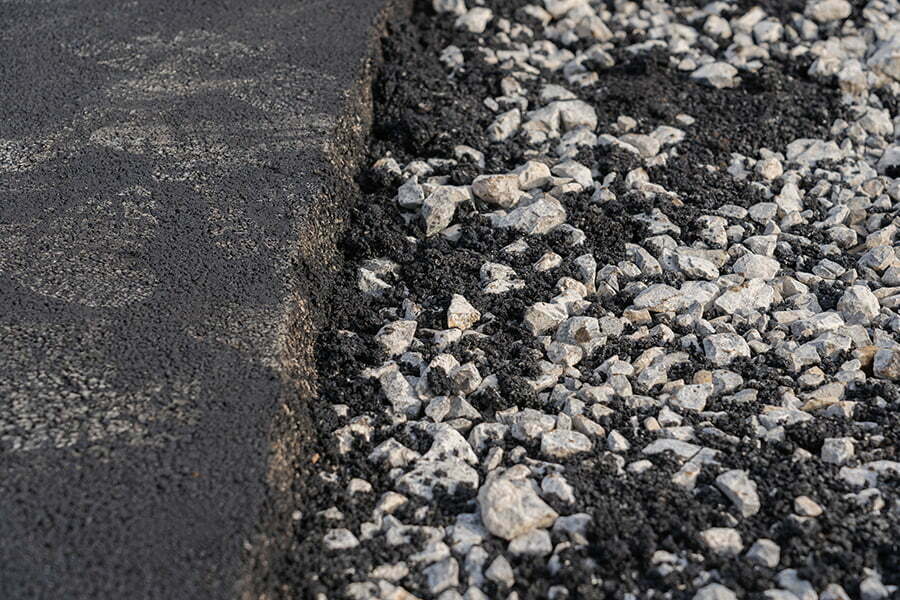
Yes. Crushed asphalt is the same as recycled asphalt—this affordable and eco-friendly solution for paving driveways and other low-traffic surfaces.
Do Asphalt Millings Need a Base?
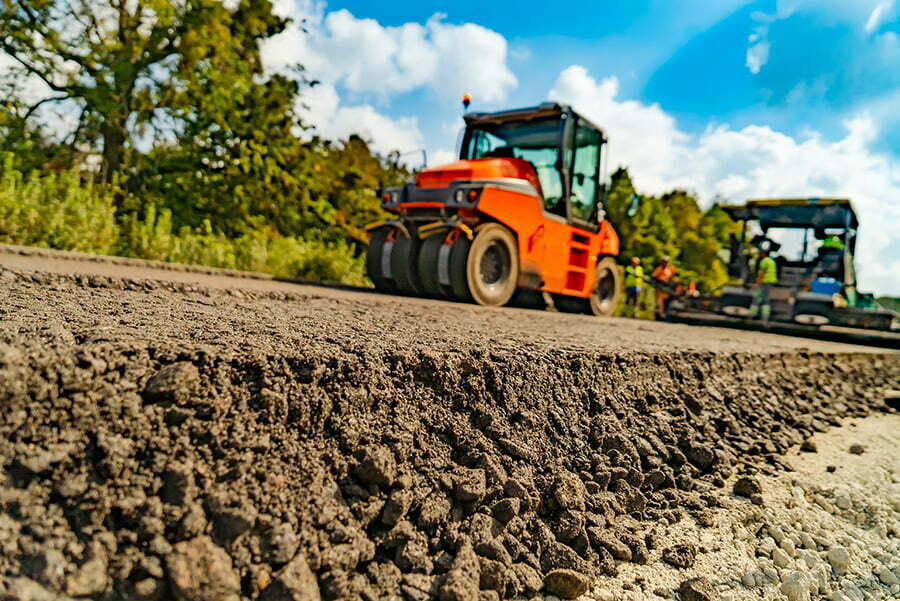
Asphalt millings need a base because you want an even surface on your driveway. Before the asphalt millings can be spread on the surface, a leveled solid ground will be required. A compacted base will help prevent potholes from forming on your new driveway.
Which is Better, Crushed Concrete or Crushed Asphalt?
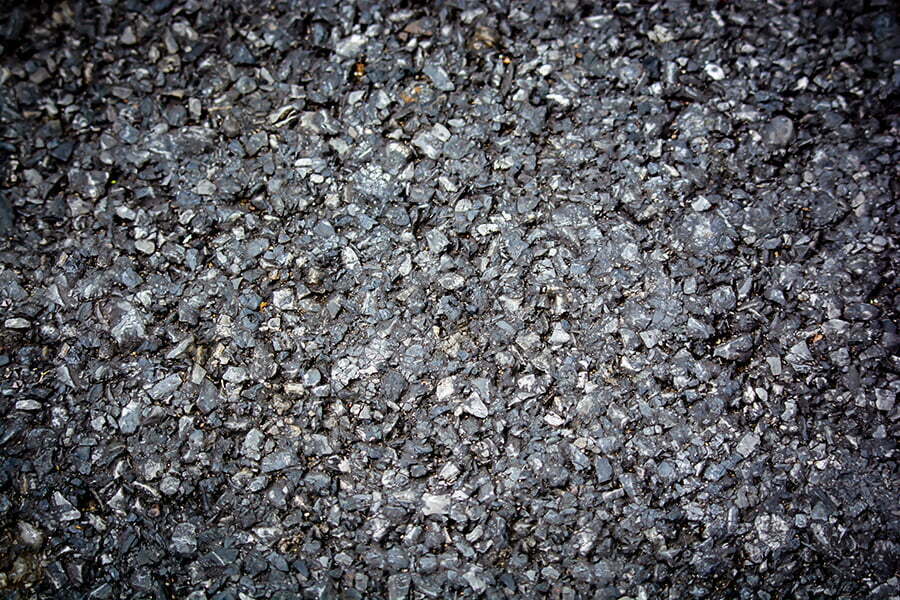
In terms of cost, crushed asphalt is cheaper than crushed concrete. In terms of aesthetics, crushed asphalt looks better than crushed concrete due to its dark color. When properly installed, crushed asphalt is stronger than crushed concrete, so the former will give you better value for money.
The Verdict
While fresh asphalt is the material to-go when building roads and it scales well, for your driveway and paving projects, consider asphalt millings as the more eco-friendly material.
Related reading:
Table of Contents
